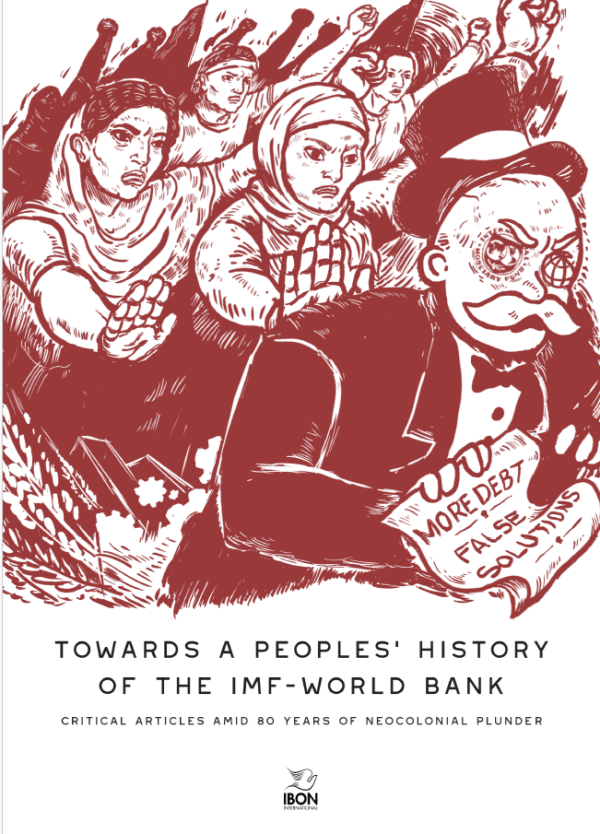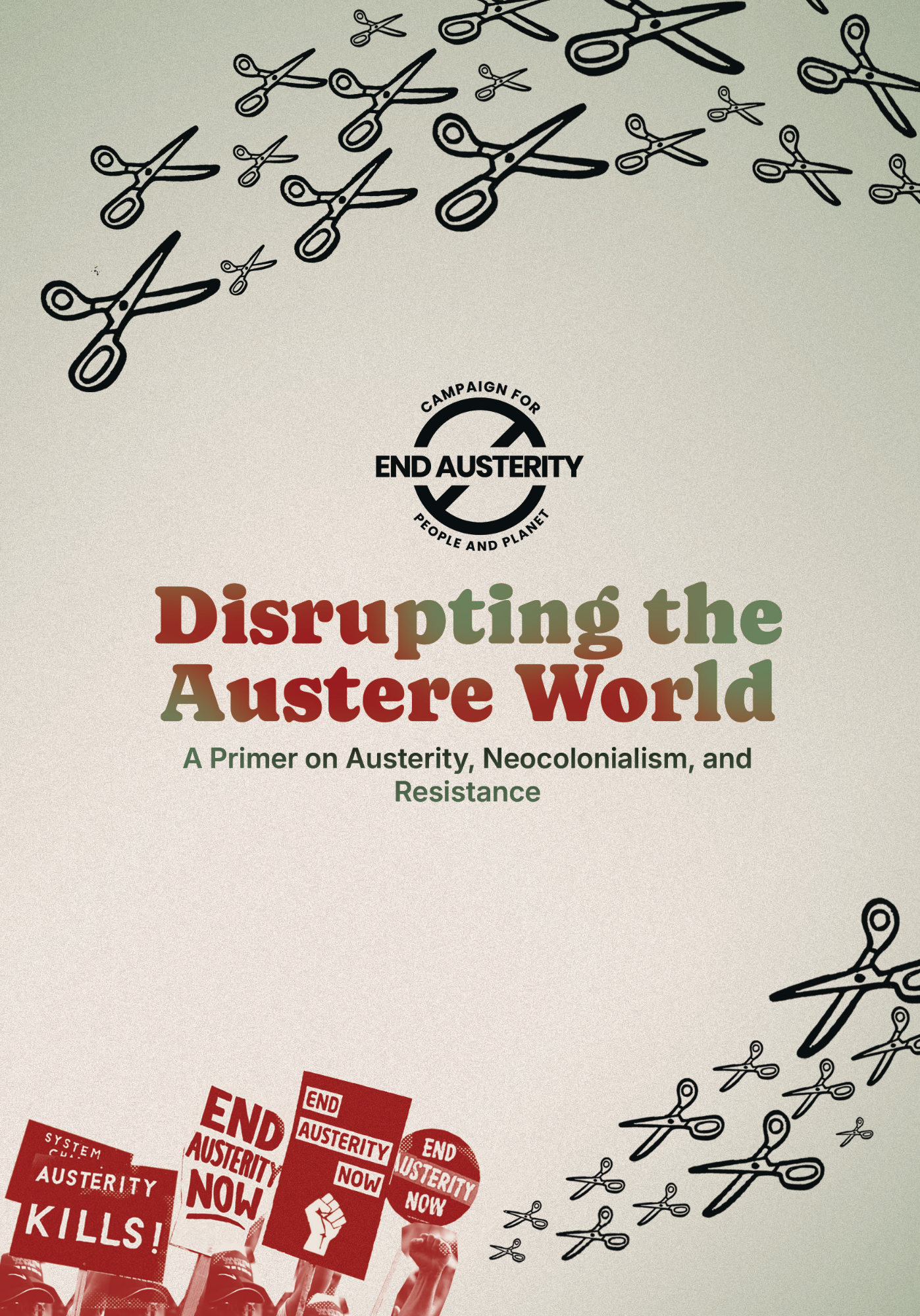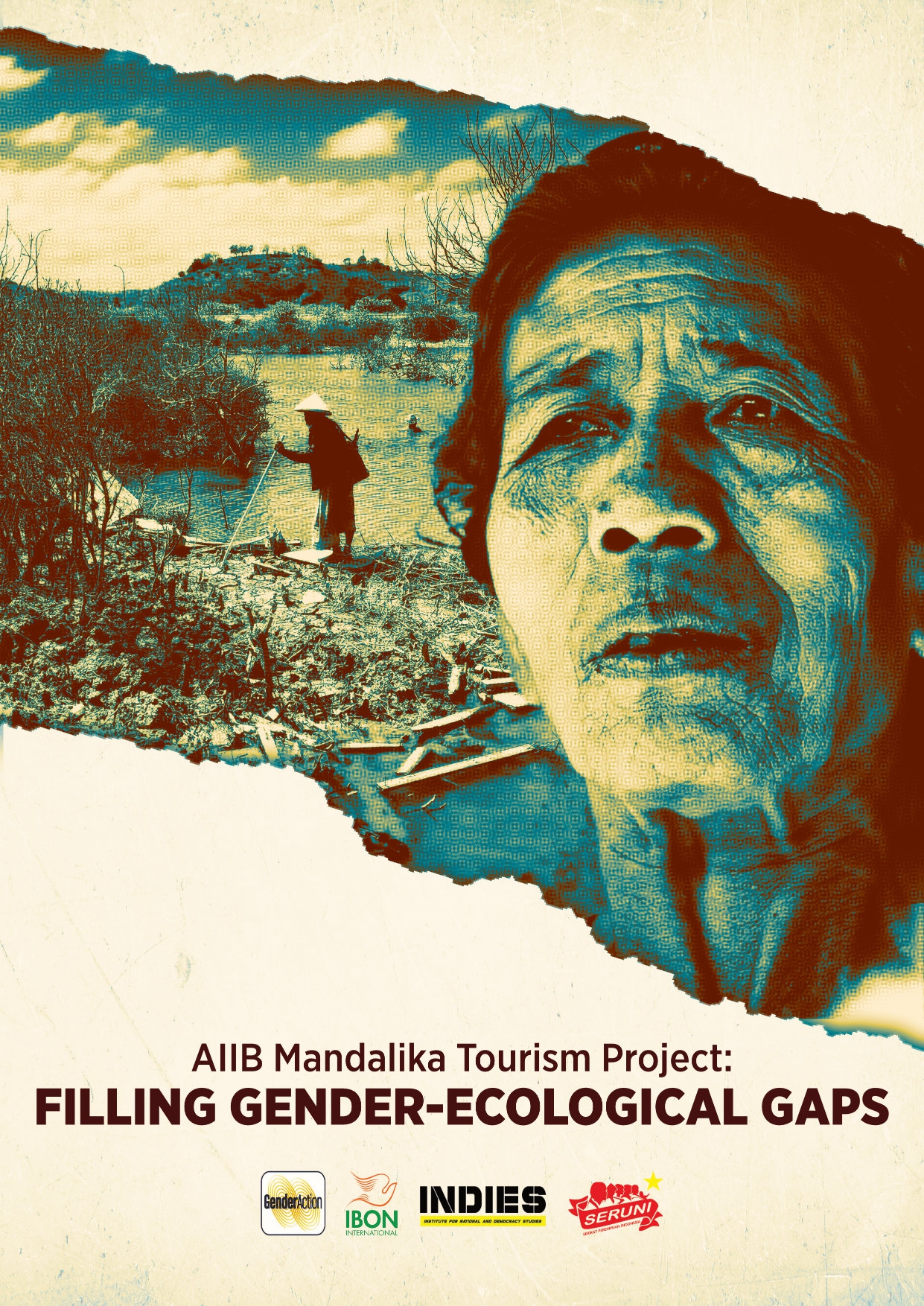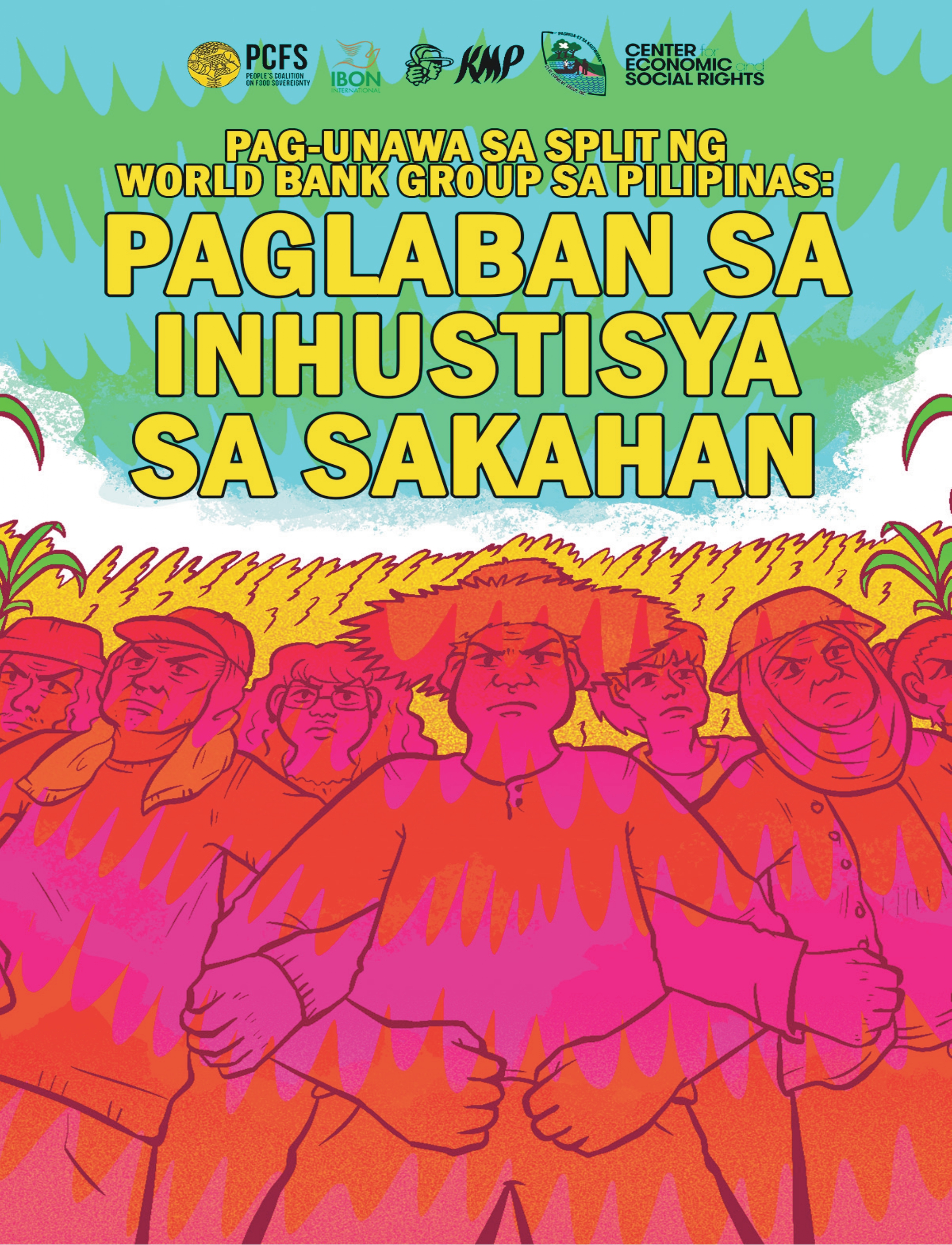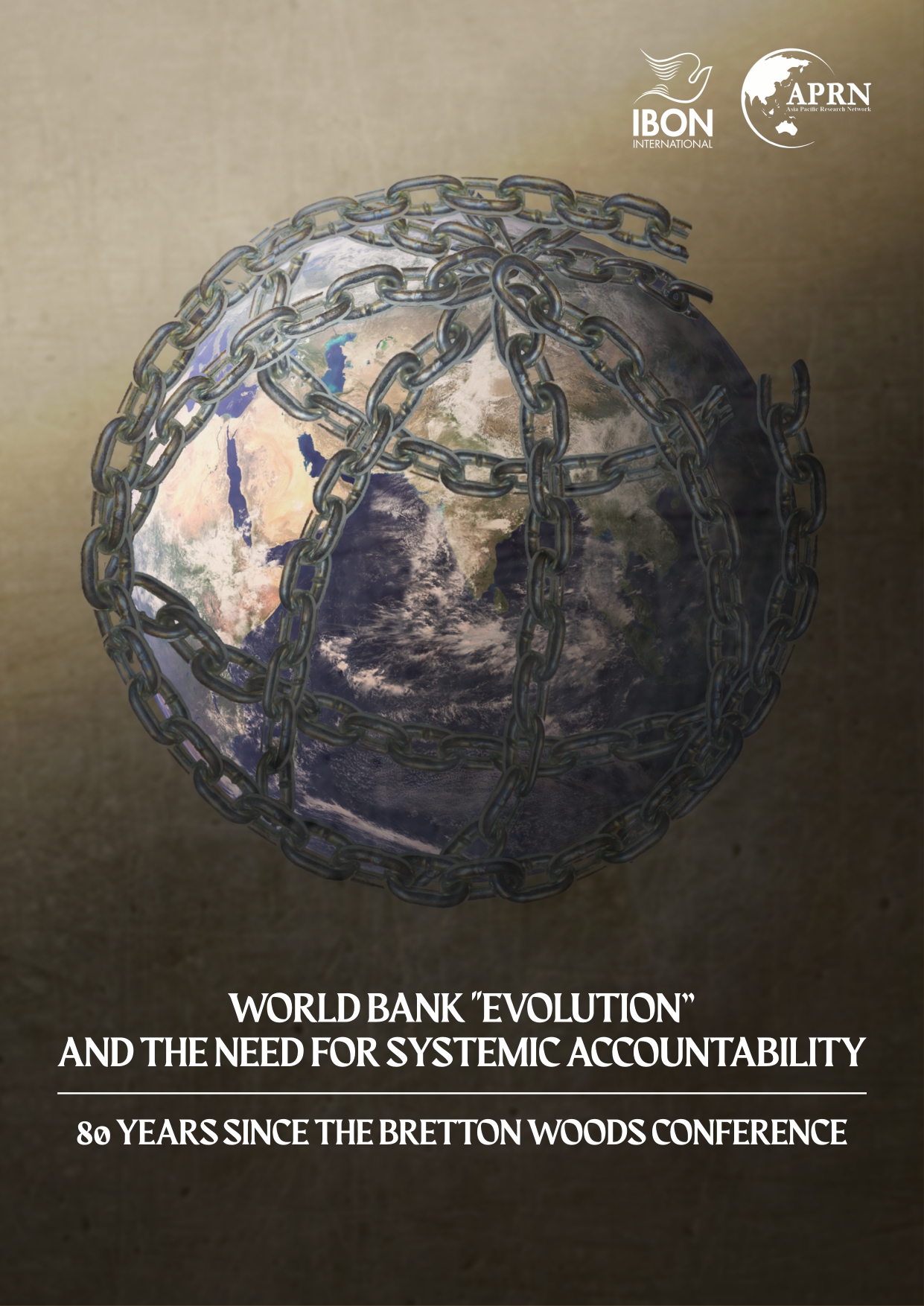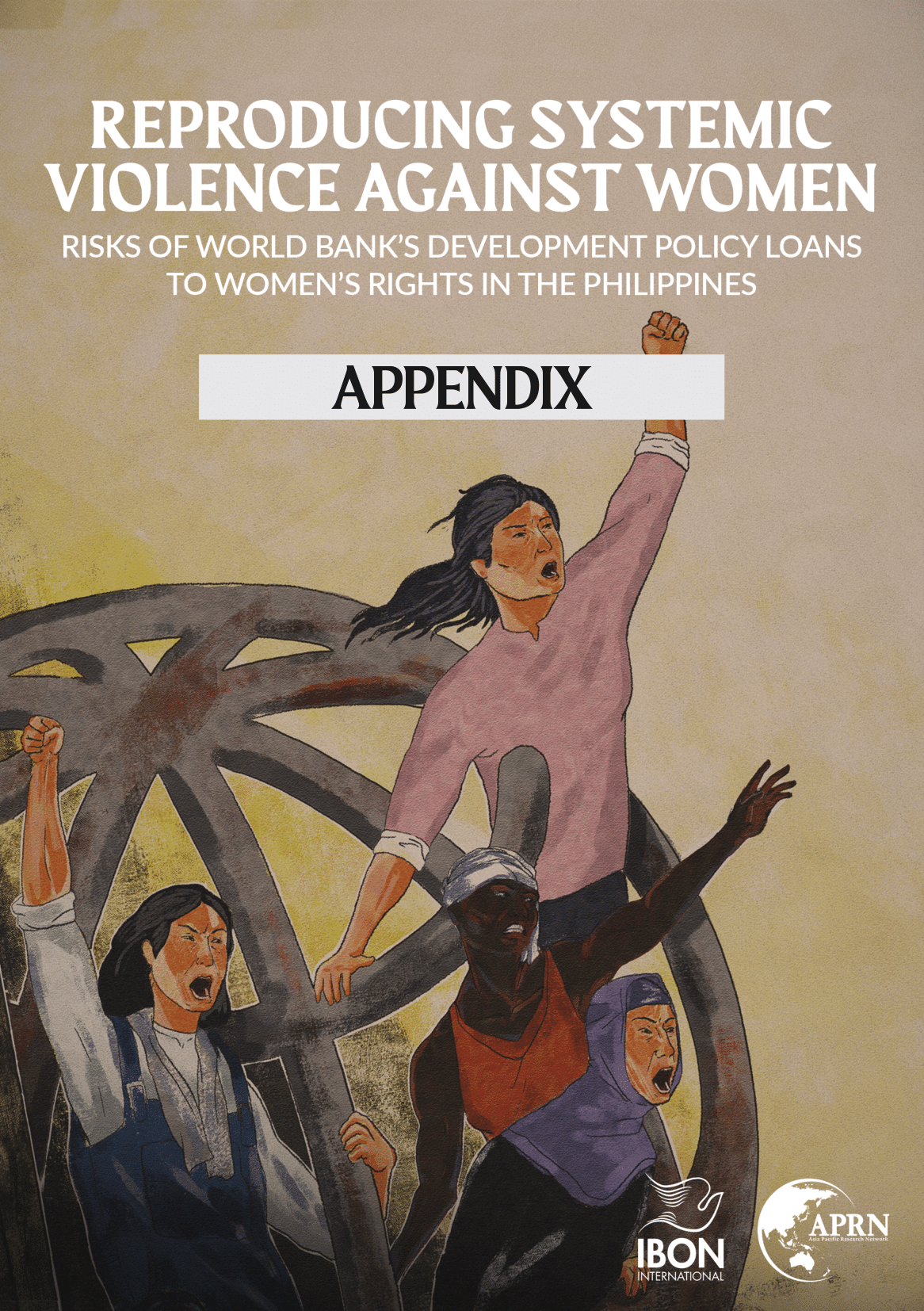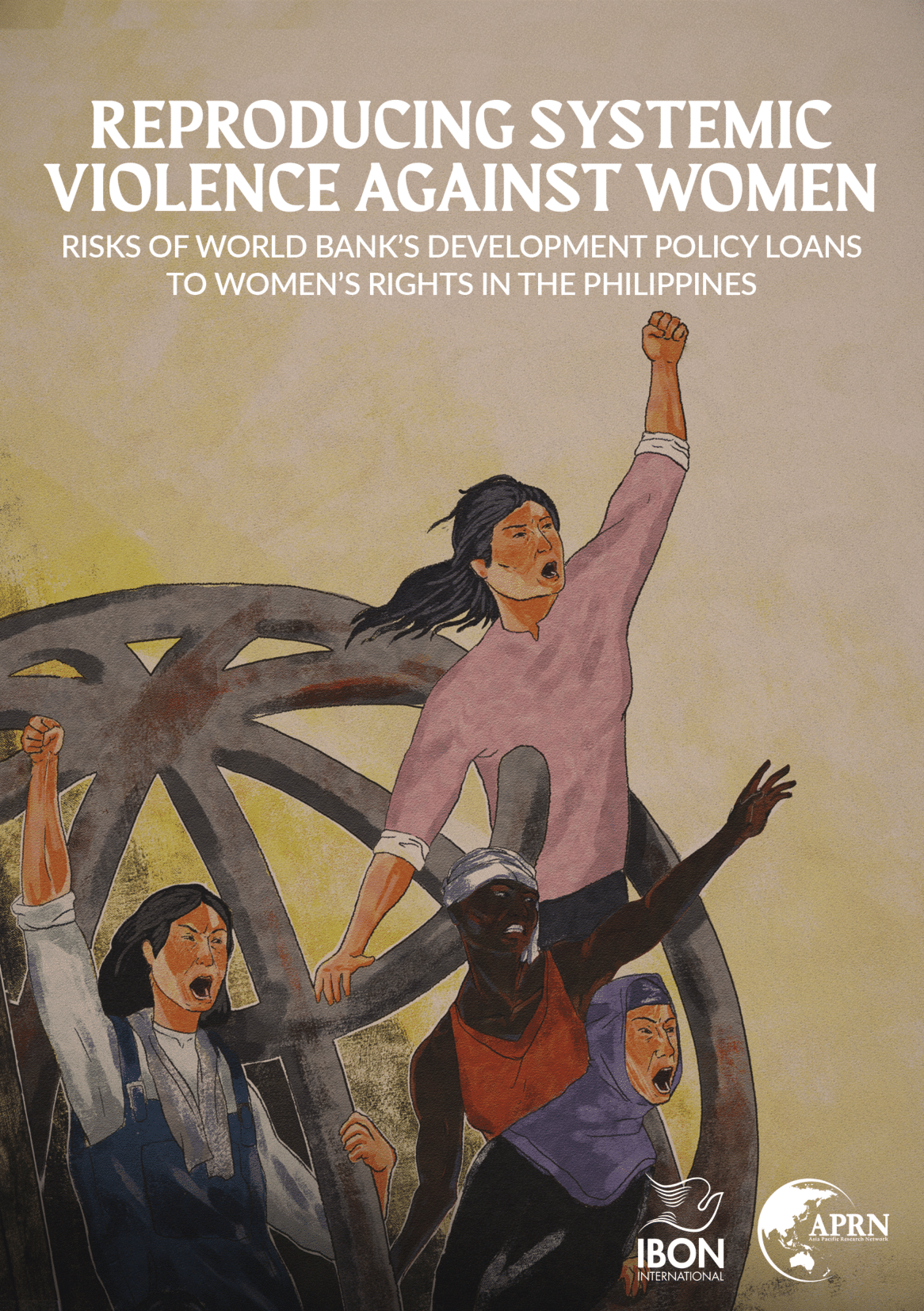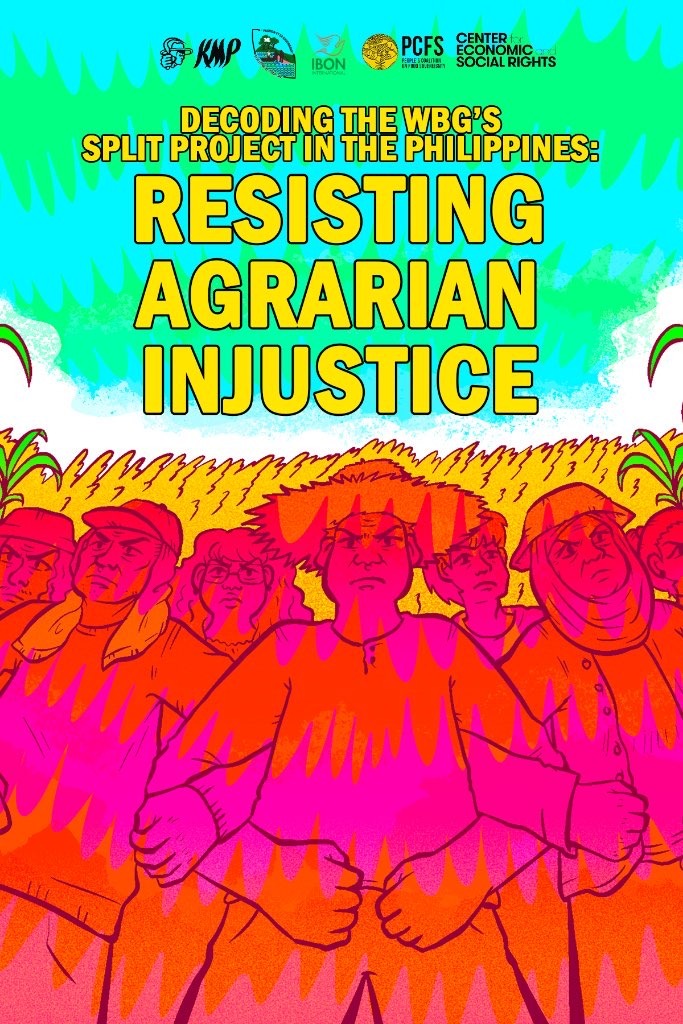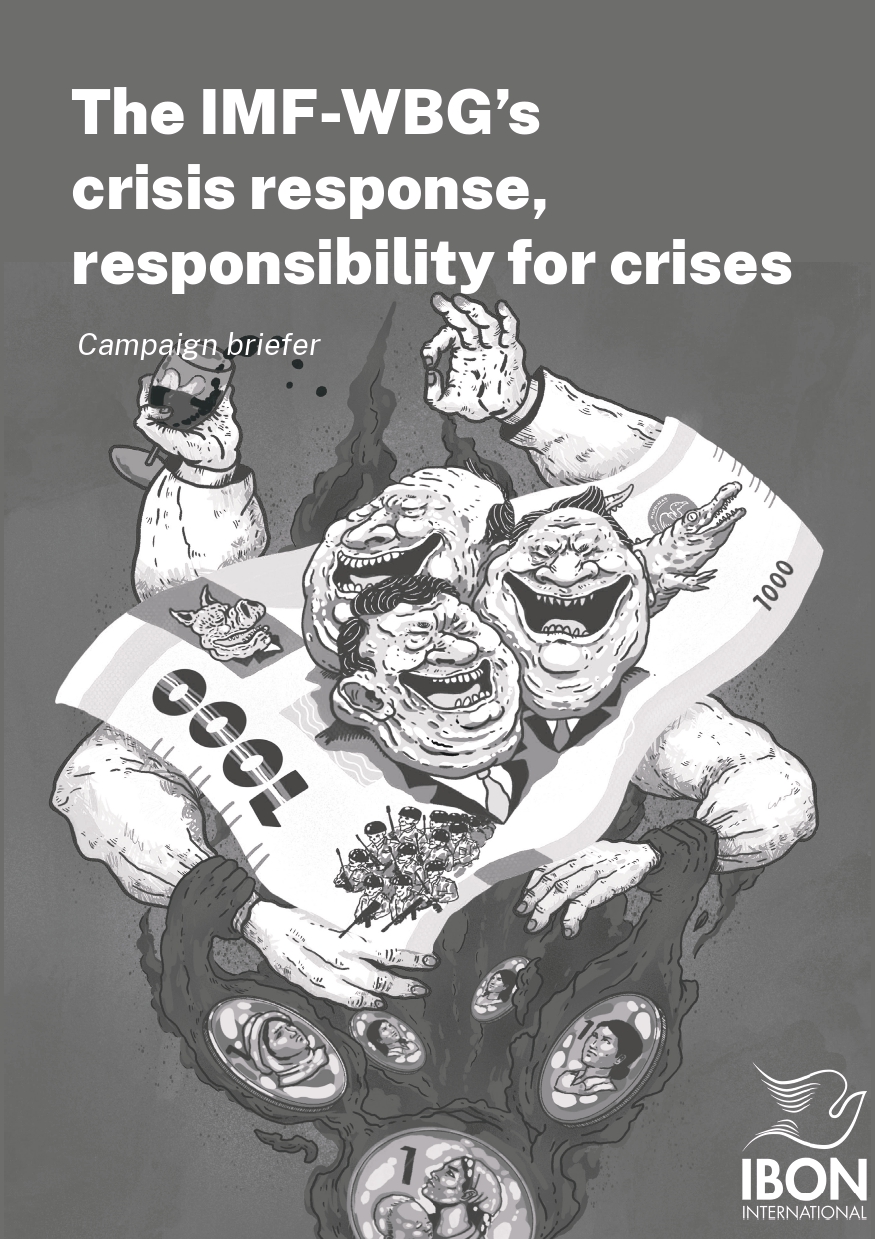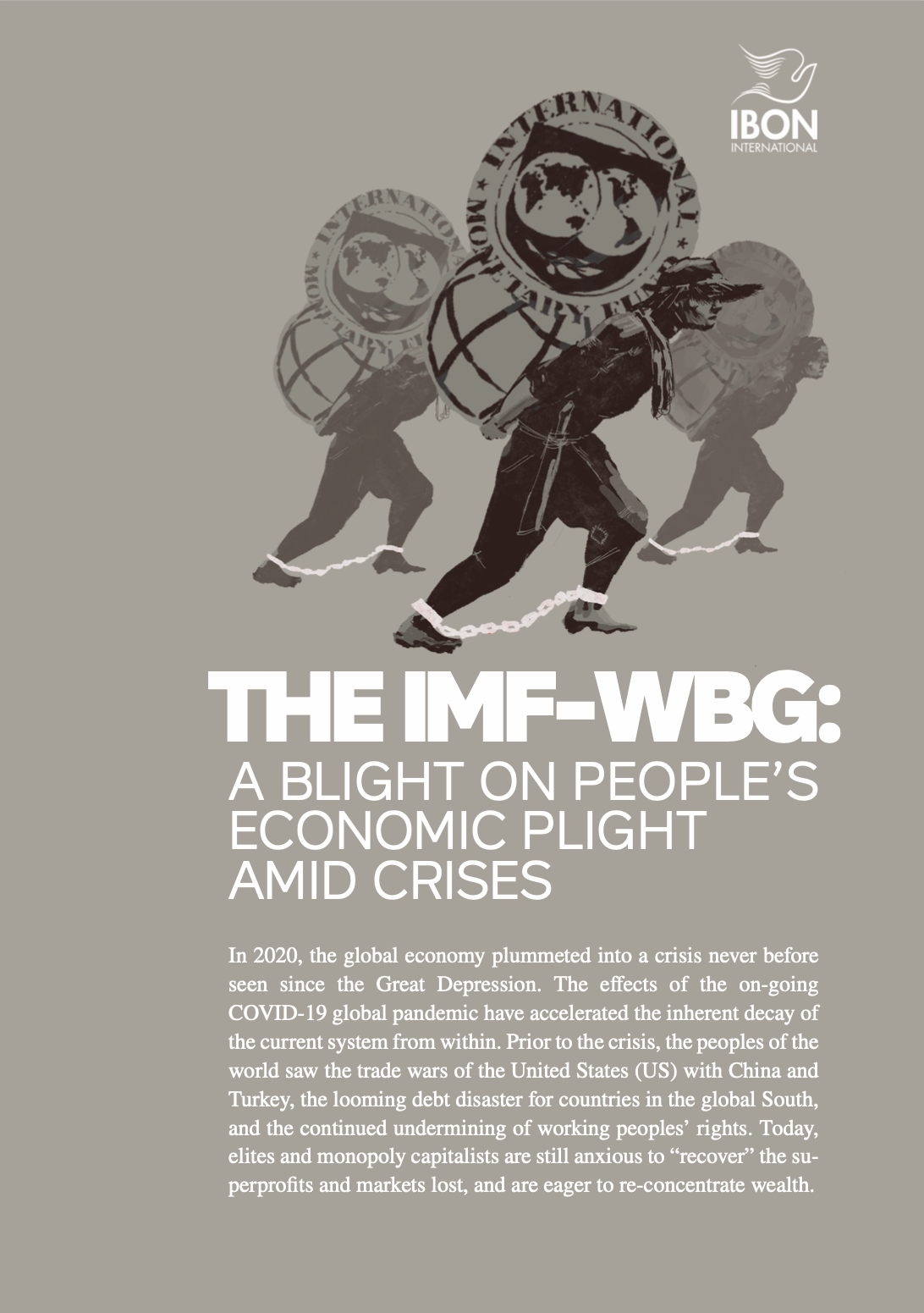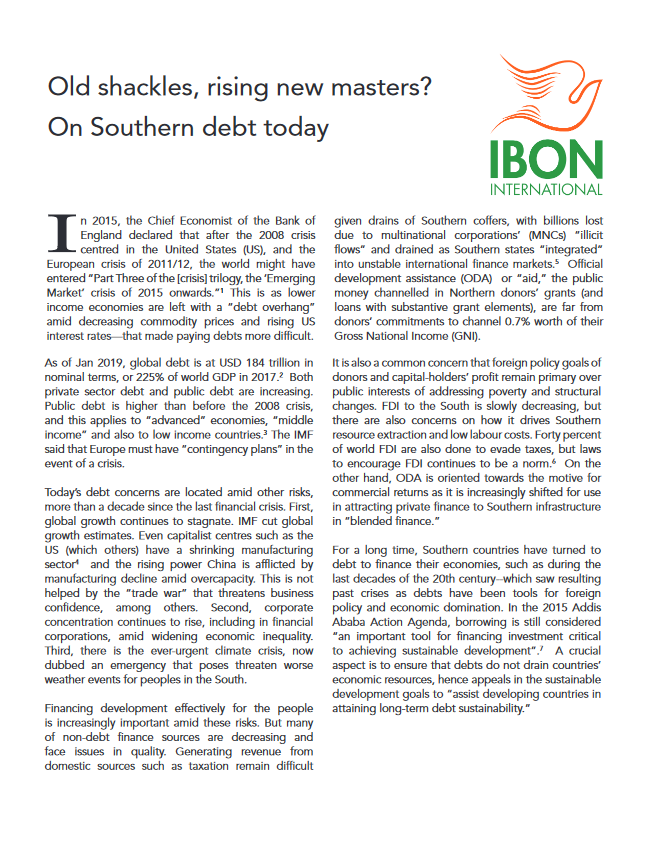The Bretton Woods Conference of 1944, held in Bretton Woods, New Hampshire in the United States (US), led to the establishment of the International Monetary Fund (IMF) and the World Bank Group (WBG) after the Second World War (WWII). Since then, the IMF has been considered as a leading global institution to monitor the financial health of countries and ensure a working global financial system. The World Bank evolved from infrastructure financing, to addressing poverty, and more recently, to having a mandate on climate. Parallel to this institutional history is a history of social movements opposing the Bank and the Fund for their policies, programmes, and operations that violated people’s rights—economic, social, and cultural, to self-determination—and people’s sovereignty. The year 2024 marked 80 years since the original “Bretton Woods moment.” The dominant economic system has not fully recovered from the economic crises of the past decades, such as the 2008 crisis and the economic fallout during the pandemic of the 2020s. The same crises have arguably weakened the global economic position of the US as formerly sole global power in the world stage. Increasingly contested today is US hegemony, amid the ongoing economic and military challenge by China and Russia, and the growing outcry against US backing of the Zionist occupation and genocide against the Palestinian people.
In this context, and to contribute to amplifying peoples’ perspectives, IBON International launched the online platform, A Peoples’ History of the IMF-World Bank, as an online space for critical voices. The IMF and the World Bank’s stake in their own history tends to reflect the power asymmetries these institutions have with the rest of the global South. This is why a “peoples’ history”–by and of social movements as well as critical academics and civil society—hopes to contribute counter-narratives and a more grounded understanding of institutional track record and ongoing harms.
This current collection contains articles from the said online platform, and some new ones, all concerned with socio-economic concerns of peoples in the global South. Some articles reflect on the issues of the colonial character of the IMF-World Bank paradigm; their history as intertwined with the history of past and present conflicts and militarism; and the failures of their model of social protection, of financing energy projects, and of land policy. Some articles are also concerned with trends such as financialisation, climate, and peoples’ resistance.
